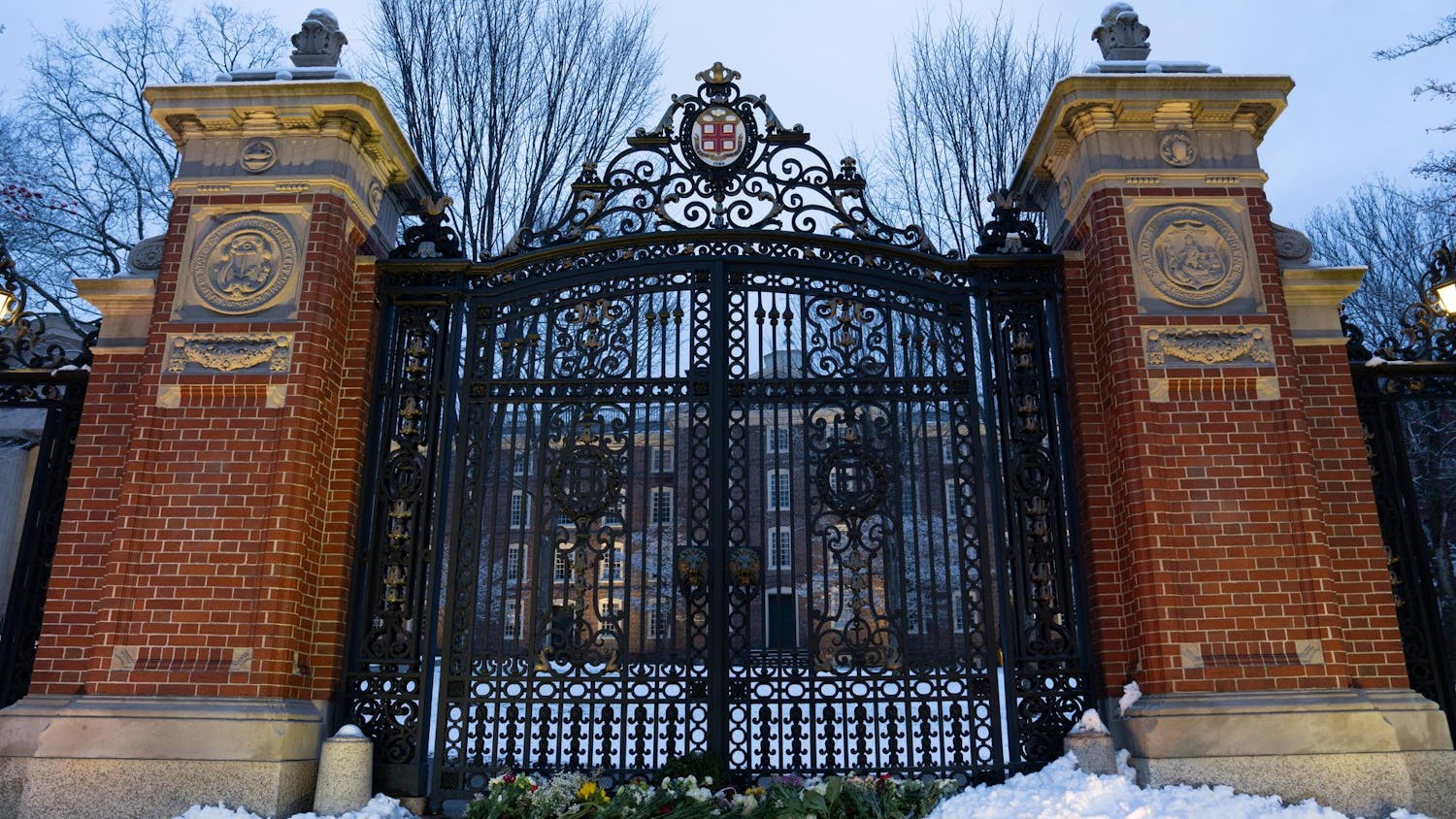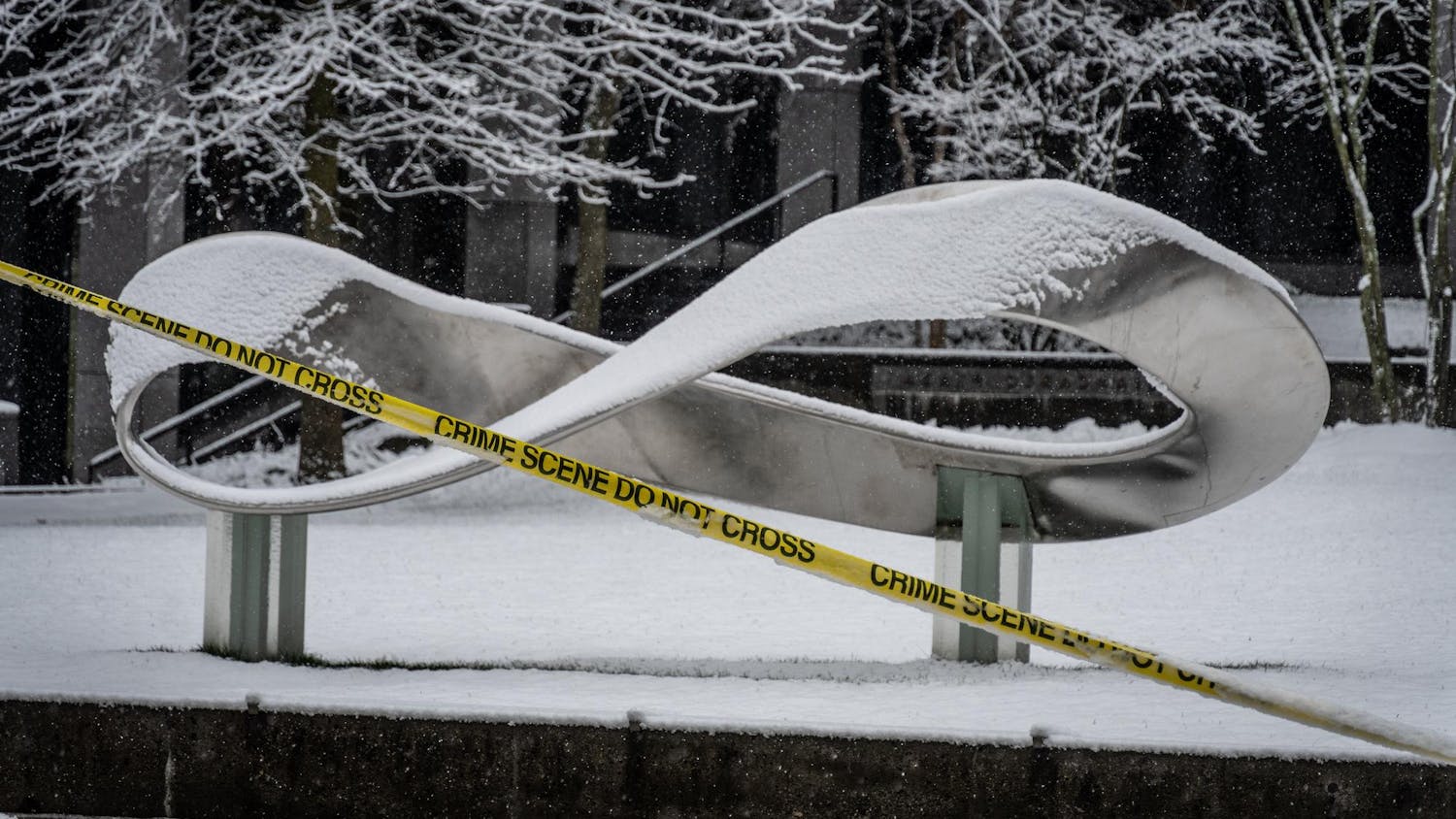Cable television on campus may have survived past its expected expiration date, but according to Richard Bova, senior associate dean of residential life and dining services, the system will not last another year.
Administrators originally planned to shut down the cable network and switch to an entirely IPTV-based television access system during the summer of 2009. Bova said this plan was based on the assumption that renovations to Faunce House, where the cable infrastructure is centered, would interfere with cable access on campus, which turned out not to be true.
But Bova said the cable infrastructure, which has been in place since 1980, is "aging and decrepit and falling apart" — and will be shut down in June 2010.
"While the cable system is nice for a TV, only a portion of the listings are available," Bova added.
When the cable system goes off air, students will have to rely on IPTV, which provides streaming television access over the Internet, to watch their favorite programs.
Students wishing to watch television on an actual TV will have to purchase or rent a set-top box to convert IPTV streaming.
"Other Ivies who have IPTV and provide set-top boxes have found that demand is very low," Bova said.
"Many students go to Hulu or Fox and catch up that way," he said. "I think students' viewing habits are changing."
Diane Mokoro '11, vice president of the Undergraduate Council of Students, said the ability to watch television on an actual TV is still important to students.
"If there's a special program or you're getting a group of people together and you want that community atmosphere, students want to watch on a television rather than on a laptop," she said.
Set-top boxes cost approximately $200 per unit, Bova said, so the Office of Residential Life is working out a system whereby students could rent a box for a "nominal rental fee over three to four years." Dorm lounges and other spaces with communal TVs would be furnished with a set-top box at no cost to students.
Bova said the time between now and June is being used to prepare for the switch to IPTV, which includes ensuring that the department is "fully versed" in its usage and determining a final channel line-up. A student advisory group including representatives from UCS and the Residential Council met last semester to select four to six channels, including both academic and entertainment options, to add to the current selection, Bova said.
Mokoro said UCS representatives polled students in the Sharpe Refectory last semester to determine what channels they would like to see added. While some major networks, like Bravo or Lifetime, would not be "feasible" additions, she said, there are many channels students want that UCS and ResLife can work to make available.
"A lot of language students want to be able to watch programs in the language they're studying so they can learn the accents of native speakers," she said.
"Students will not miss cable," Mokoro said. "Students want to watch quality television on an actual TV. The way that cable is functioning now, there are some channels you get, some that are fuzzy. I think the transition to full IPTV will meet student requirements."




